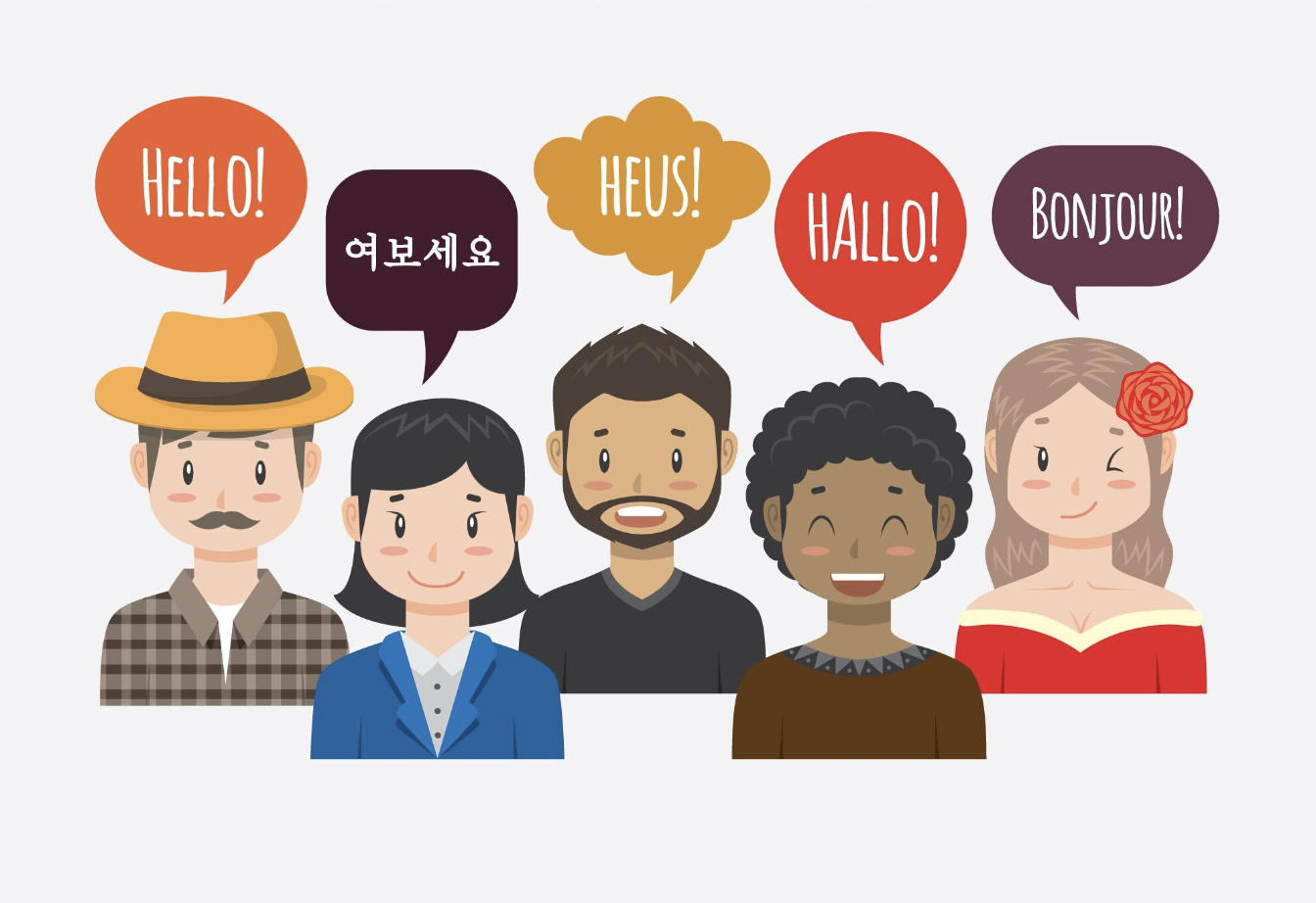



The world of sales is full of myths and misconceptions that can hold back both salespeople and businesses. As human beings, we are naturally inclined to believe in myths and misconceptions because our brain is wired to take shortcuts in our thinking and decision-making processes. This leads to cognitive biases, such as confirmation bias and the availability heuristic. These biases can cause us to believe in myths and misconceptions, even when there is evidence to the contrary.
Are you tired of playing it safe with your sales and negotiation techniques? Are you ready to tap into the power of cross-cultural communication to take your business to the next level? Buckle up, because we're about to explore the psychological advantages of cross-cultural communication and how it can revolutionize the way you conduct business.
Negotiation requires mutual understanding, and cross-cultural communication is the key to achieving it
Jean-Baptiste Alphonse Karr
Let's start with the basics - trust. It's the foundation of any successful business relationship, and cultural norms and expectations play a significant role in its formation. Research shows that individuals are more likely to trust and do business with those who show understanding and appreciation of their cultural values and communication styles (Laroche et al., 2005). By investing time and effort in learning about your customer's cultural background, you can demonstrate respect and adapt your communication strategies accordingly. And guess what? That leads to building trust, which translates to more sales and successful negotiations.
But that's not all. Cross-cultural communication also helps in minimizing misunderstandings and enhancing mutual understanding. Imagine trying to sell a product to someone whose language, customs, and nonverbal cues are different from yours. Misinterpretations are bound to happen, and it can lead to failed sales opportunities. However, by engaging in cross-cultural communication, you gain insights into the subtleties of cultural nuances and adapt your communication strategies accordingly. By doing so, you can foster mutual understanding and create a platform for productive negotiations.
Now, let's talk about empathy and perspective-taking. These are the secret weapons in your sales and negotiation arsenal. Empathy is the ability to understand and share the feelings of another person, while perspective-taking refers to the capacity to view a situation from someone else's point of view. When you engage in cross-cultural communication, you demonstrate your willingness to step outside your own cultural framework and embrace the perspectives of your customers. This not only enhances your ability to tailor your sales approach effectively but also creates a sense of connection and rapport. And guess what? Research shows that individuals who perceive empathy and perspective-taking during a negotiation are more likely to engage in mutually beneficial agreements (Galinsky et al., 2008). That's a win-win situation for everyone involved.
Cross-cultural communication is crucial for building trust and establishing successful business relationships
Michael Page International
But enough with the theory. Let's look at a real-life example. Imagine you're a multinational technology company expanding your operations into the Middle East. You know that cross-cultural communication is crucial to your success, so you invest in cultural training for your sales team. The training equips your team with knowledge about local customs, language nuances, and communication preferences in the Middle Eastern market. Armed with this understanding, your sales team adopts a communication style that aligns with the cultural values of their potential customers. They engage in active listening, ask open-ended questions, and show respect for local traditions. And guess what? As a result, your sales team builds trust, establishes stronger relationships, and experiences increased sales in the region.
In conclusion, cross-cultural communication in sales and negotiation isn't just another buzzword. It offers profound advantages rooted in psychology, and it can transform the way you conduct business. By embracing and adapting to diverse cultural contexts, you can build trust, enhance understanding, promote empathy, and achieve successful outcomes. So, what are you waiting for? Go ahead and take the plunge. Who knows, you might be surprised by the results.
Your email address will not be published. Required fields are marked *